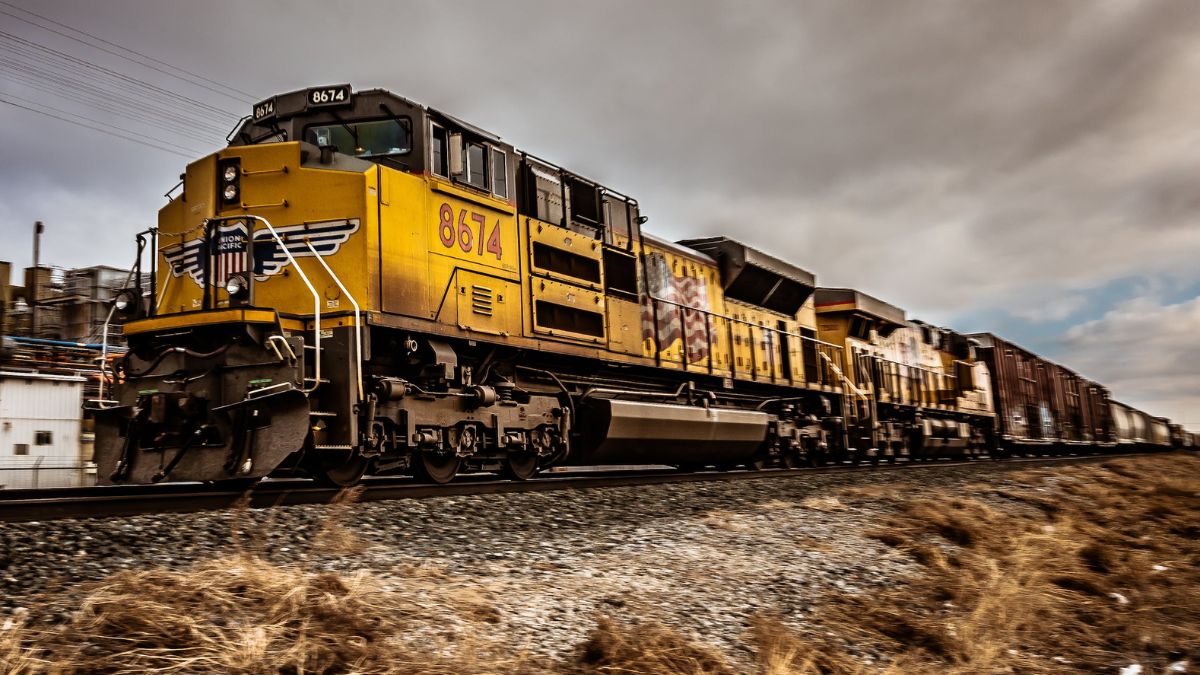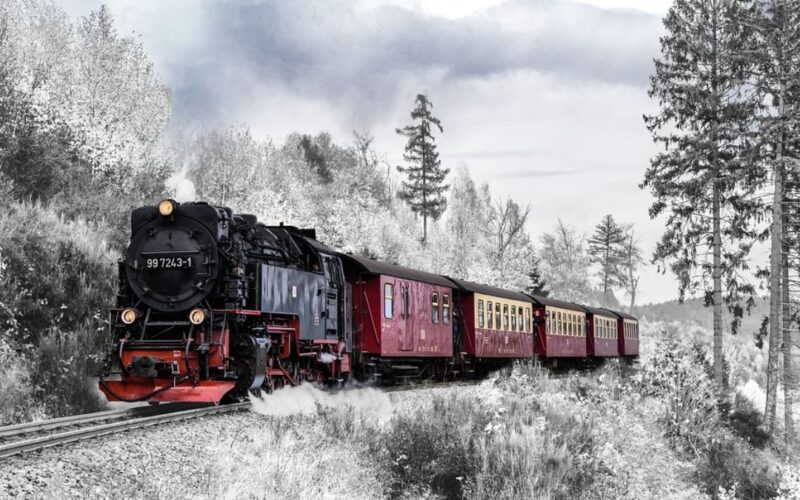Embarking on a journey through time and technology, trains have played a pivotal role in shaping the way we travel and transport goods. Unveiling the marvels of railway wonders, here are 10 fascinating facts about trains.
Railway Origins
The birth of trains dates back to the early 19th century, with the first public railway, the Stockton and Darlington Railway, inaugurated in 1825 in England. Since then, trains have become an integral part of global transportation networks.
Steam-Powered Marvels
In the early days of rail travel, steam locomotives were the driving force behind trains. Pioneered by figures like George Stephenson, these powerful engines ushered in a new era of faster and more efficient transportation.
High-Speed Rail Revolution
High-speed rail has transformed train travel, enabling swift journeys between cities. Countries like Japan, China, France, and Germany have led the way, boasting extensive high-speed rail networks that redefine the concept of rapid transit.
Maglev Magic
Magnetic levitation, or maglev, is a cutting-edge train technology that utilizes magnetic forces to suspend the train above the tracks. This innovation eliminates friction, allowing for incredibly high speeds. Maglev trains, exemplified by Japan’s SCMaglev and Germany’s Transrapid, represent the future of fast and efficient rail travel.
The Channel Tunnel Connection
Connecting the United Kingdom and mainland Europe, the Channel Tunnel, or Eurotunnel, is an engineering marvel that facilitates train travel beneath the English Channel. This 31.4-mile undersea tunnel connects Folkestone, England, to Coquelles near Calais, France, enabling seamless rail transit.

Longest Rail Journeys
Covering vast distances, the longest continuous rail journey in the world is the Trans-Siberian Railway, stretching over 5,772 miles across Russia. This iconic railway offers a captivating voyage through diverse landscapes and cultures.
Automated Train Systems
Modern train systems increasingly incorporate automation for enhanced efficiency and safety. Automated train control systems, such as Positive Train Control (PTC), monitor and control train movements, contributing to a reduction in accidents and improved overall transportation safety.
Bullet Trains and Shinkansen
Japan’s Shinkansen, or bullet trains, are renowned for their incredible speed and efficiency. Launched in 1964, the first Shinkansen revolutionized rail travel, setting the stage for high-speed trains worldwide. Today, Japan continues to innovate with Maglev Shinkansen, promising even faster and smoother journeys.
Historic Luxury Trains
Luxury trains provide a nostalgic and opulent travel experience. The Orient Express, with its rich history and iconic journeys, is a prime example. Today, various luxury trains, such as the Venice Simplon-Orient-Express, offer travelers a chance to step back in time while enjoying unparalleled service and comfort.
Sustainable Rail Solutions
Rail transport is recognized for its environmental sustainability. Trains produce fewer greenhouse gas emissions per ton-mile compared to other modes of transportation. The push for electrification, renewable energy sources, and eco-friendly train designs contribute to making rail travel an increasingly green choice.
The world of trains unfolds a rich tapestry of history, innovation, and transformative technologies. From the steam-powered locomotives of the Industrial Revolution to the high-speed marvels shaping the future, trains continue to captivate and redefine the way we connect and traverse the globe.










